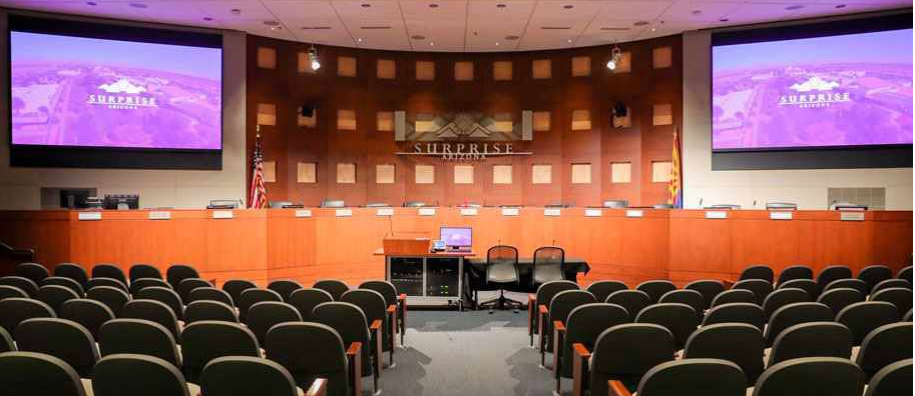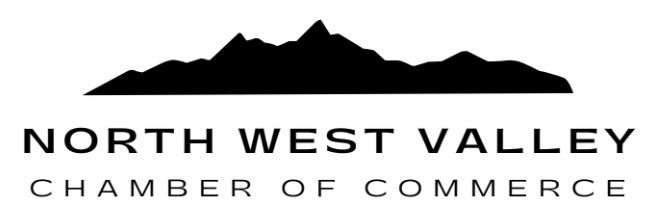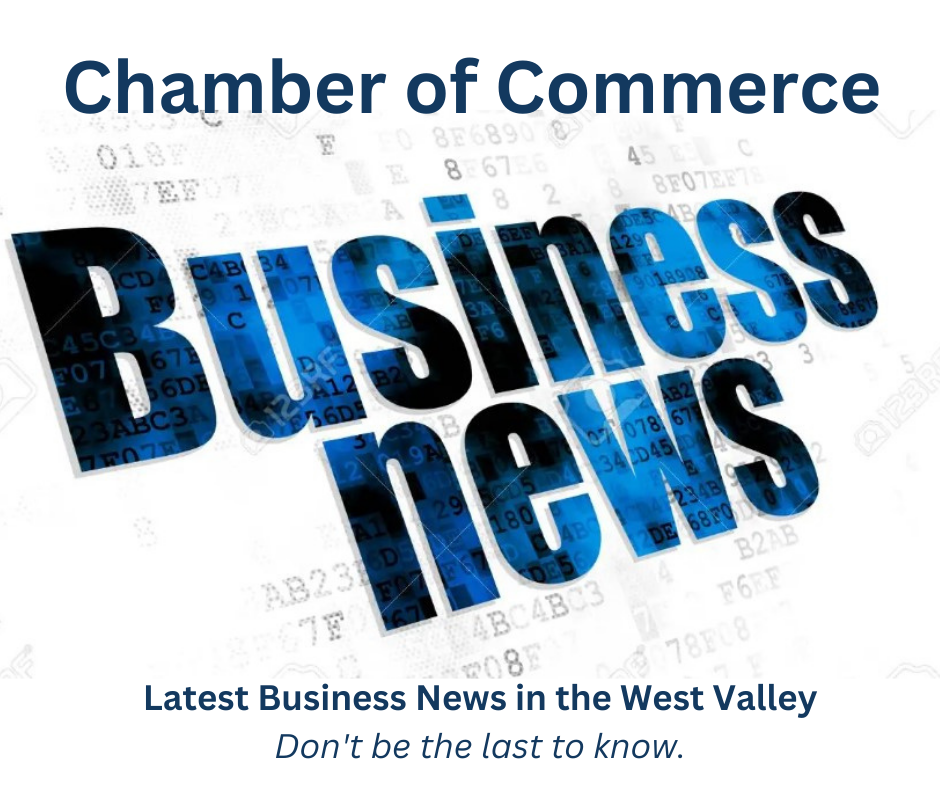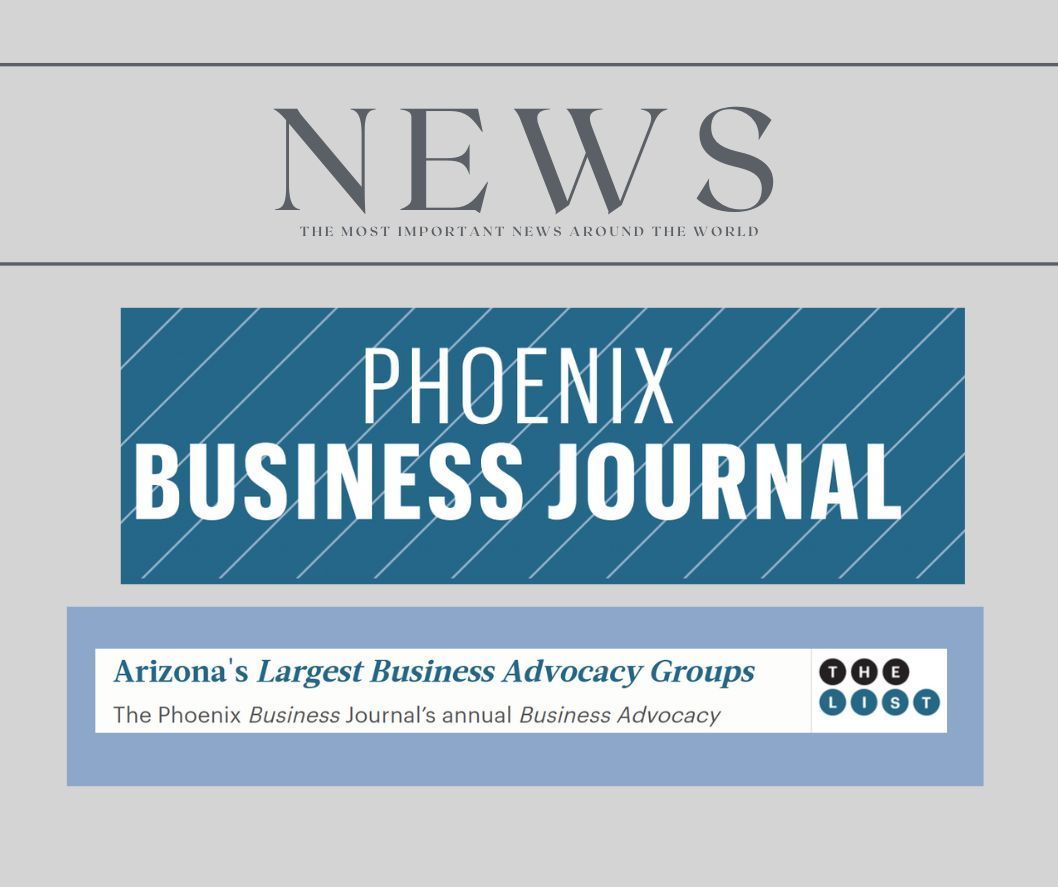Our Local Political Agenda
This agenda acts as a powerful strategic roadmap, designed to influence local government in ways that benefit the business community. It shines a spotlight on the specific issues that matter most to businesses and outlines the necessary actions to address them effectively.

Local Government Policy Agenda
The Chamber of Commerce advocates for economic development, job creation, and business-friendly policies. Key goals include improving infrastructure, attracting quality jobs, enhancing transportation, fostering public/private partnerships and complete transparency in its operations and decision-making processes., Emphasis is also placed on maintaining quality of life, environmental stewardship, and addressing poverty and homelessness through education and job training. Cooperation among political subdivisions, local decision-making, and accountability measures are essential for effective governance. The Chamber supports pro-business candidates and keeps the community informed on public policy issues.
Board Approved: 09/17/2019
Economic Development
1. The Chamber of Commerce is an advocate for economic development and job creation. The Chamber supports policies and initiatives that encourage business growth and expansion and improve the business climate of the NW Valley.
2. The regional economy is driven by the success of businesses. Successful businesses produce the tax revenues that help the region provide the services our citizens require. Proposed local laws, regulations and permitting processes must be viewed from the perspective of the small business owner and should always consider the intended and unintended impacts of those proposals – especially in terms of the cost of doing business.
3. The NW Valley must be an attractive place to do business. First and foremost, the region must focus on providing first-class customer service to be business-friendly. To create and retain jobs, our community must be perceived as a place that is worthy of business investment.
4. Steady and manageable growth makes a positive contribution to our community’s economy and quality of life. Proper preparation for growth includes planning for the timely construction of infrastructure improvements – roads and schools in particular – that will accommodate the region’s anticipated growth in an orderly manner. It is important for infrastructure improvements to be funded in a fair, broad-based way.
5. The region must remain competitive in the effort to attract and retain quality jobs. With the increasing mobility afforded by modern technology (including fiber, 5G and other emerging infrastructure), many individuals and businesses can locate anywhere they choose. Incentive programs like enhanced enterprise zones, tax increment financing, community improvement districts, and transportation development districts should be used prudently and creatively to help attract and retain people and companies. Likewise, growth management tools such as planning and zoning, and annexation must be utilized appropriately and strategically.
6. Continued improvement of the region’s transportation system is one of the Chamber’s primary economic development goals. As a regional economic hub, the ability to transport people and goods safely and efficiently throughout the area is vitally important. The Chamber has been a long-standing supporter of capital improvements program, transportation sales tax, and other proactive and collaborative means to generate adequate funding for specific infrastructure improvements. It is important for Arizona’s transportation system to be funded in a fair, broad-based way.
7. The public/private sectors should work collaboratively to support economic growth. Continued collaboration through the public/private partnership is critical to the region’s economic development future. Ensuring economic development remains a public sector priority will be dependent on the commitment of City and County local elected officials.
8. Support public, private partnerships for CTED/West-MEC educational programs, and ensure funding such that teachers and personnel stay current with all aspects of an industry.
9. Military Assets: Support public/private effort to promote Luke AFB and emphasize the ability of this installation to take on new missions and expand economic development. Support employment programs and transitioning services for our troops and their families leaving service.
Quality of Life
10. A parallel goal to economic development is quality of life. In the West Valley, those two goals cannot be separated because so much of our economic success derives from the reality that our region is an appealing place to live. We must make every effort to keep it that way.
11. It is important to maintain the natural resources and scenic beauty of the desert in partnership with business and industry. Reward environmental stewardship and sustainable practices in business, government, and development are more effective than mandating regulation. Local government officials, business leaders, and other stakeholders must continue to work together to address emerging water issues (such as surface and groundwater quality and quantity, as well as urban storm water management) and to encourage and reward innovation and conservation.
12. Recent studies have indicated that the increasing rates of poverty and homelessness in the area pose a threat to our community’s future economic growth. The Chamber encourages a frank, community-wide discussion on this issue with a focus on the need to invest in early childhood education and job training initiatives to prepare those in poverty for full participation in the local economy.
13. In today’s globally connected and competitive economy, the region’s prosperity is directly linked to the talent and educational achievement of the workforce. We must keep our higher education institutions strong and well-networked with one another, the business community and public education.
Principles of Governing Necessary for Effective, Responsible Leadership
14. There must be cooperation and effective communication among political subdivisions such as the Cities, County, and surrounding communities. It is important not to make decisions in isolation and to be aware of the regional impact of local decisions.
15. As much as possible, it is desirable for our Cities and County to have the freedom and flexibility to make decisions at the local level, rather than have those decisions (often unfunded) handed down through mandates from the state and federal levels of government.
16. When decisions impact a specific community segment, representatives from that sector should be included in discussions to provide valuable input. This input should guide the development of sound public policy. Additionally, local governement should actively seeks feedback from citizens and businesses and be dedicated to maintaining complete transparency in its operations and decision-making processes. Local governments should allow 30 to 60 days for public feedback on proposed changes, with longer periods, such as 180 days, for complex issues. A recommended best practice is to receive comments electronically, making public input more accessible and easier to organize by subject. This approach helps both the public and the agency make more effective use of the feedback.
17. When appropriate, City and County government officials should consider functional consolidation to achieve improved administrative efficiency, streamlined processes, and elimination of duplication of administrative and regulatory functions. Ultimately, appropriate functional consolidation will improve customer service and reduce compliance costs for business and citizens.
18. Local government credibility is improved when proposals include accountability measures, such as precise communication of the identified need and proposed use of taxes and fees; sunsets to allow for voter review of the necessity and effectiveness of the tax; and follow-up documentation and communication to voters to ensure that promises have been kept.
19. The Chamber of Commerce welcomes and encourages pro-business candidates of all political affiliations and backgrounds to run for public office. For that reason, the Chamber of Commerce encourages the election of persons who understand both the central importance of what it takes to run and grow a business, as well as the business community’s role in providing a livelihood for its citizens.
20. The Chamber of Commerce will work to monitor, draft and review public policy and generate news and videos keeping members and the public informed of public policy issues having an impact on employers, the jobs climate and economy. We shall maintain grassroots efforts that will be encouraged the community to act with letters, emails, personal calls, visits, and public forum


